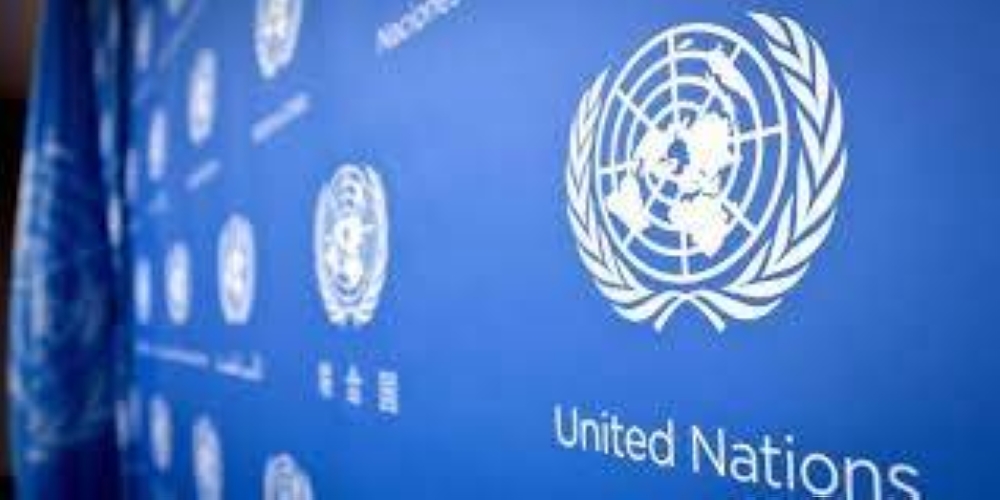
A United Nations team arrived in Bangladesh Thursday to assess whether to investigate alleged human rights violations committed during the recent student-led protests that ended the 15-year-rule of Sheikh Hasina.
More than 450 people were killed -- most by police fire -- during the weeks leading up to Hasina's ouster on August 5, when she fled by helicopter to neighbouring India.
The UN rights office had said in a preliminary report last week that there were "strong indications, warranting further independent investigation, that the security forces used unnecessary and disproportionate force" during the protests.
"Alleged violations included extrajudicial killings, arbitrary arrests and detention, enforced disappearances, torture and ill-treatment," it added.
The advance team in the country now will look into the "modalities for investigating human rights violations", the rights office said in a statement Thursday.
"Depending on the discussions, a separate fact-finding team may be deployed in the coming weeks to conduct the investigation," the UN's Dhaka office said in a statement of its own.
Bangladesh's interim leader Muhammad Yunus has said his administration would "provide whatever support" UN investigators need.
Hasina's government was accused of widespread abuses, including the mass detention and extrajudicial killing of political opponents.
Separately, a Bangladeshi war crimes tribunal set up by Hasina has launched three "mass murder" probes into its founder over the recent unrest.
All three cases were brought by private individuals, and several of Hasina's former top aides have also been named.
sai-nma/pjm/smw
